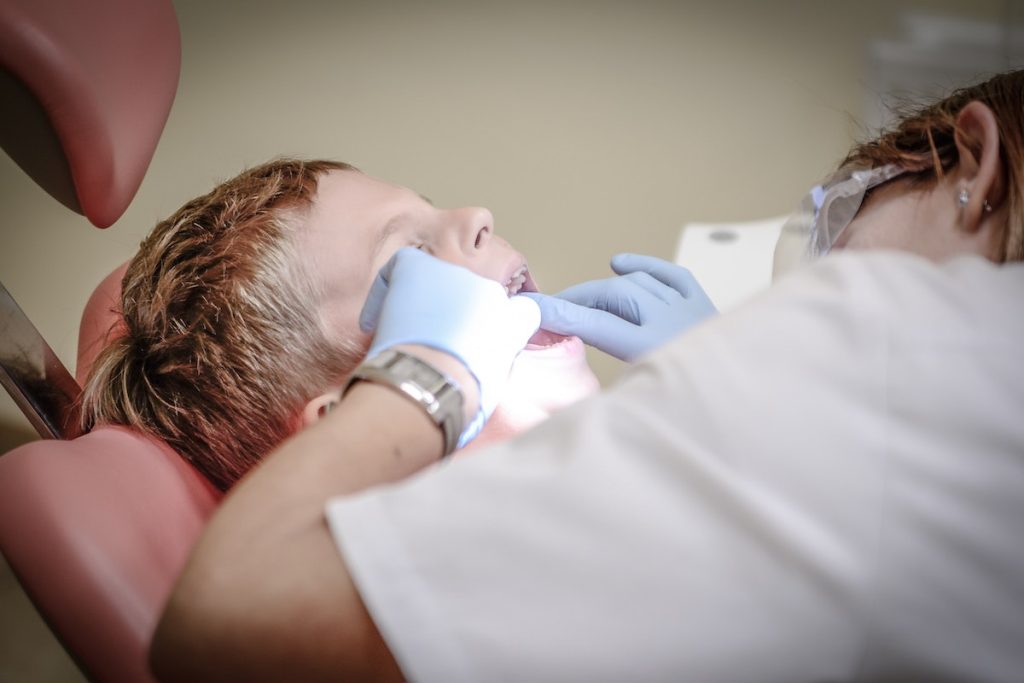It’s no secret that tooth loss can be a severe problem. For many, it can cause pain, discomfort, and problems with speaking, eating, and self-esteem. Fortunately, there are steps you can take to help prevent or manage tooth loss. This article will look at four common causes of tooth loss and discuss ways to help manage them. Understanding the causes of tooth loss can help you take proactive steps to protect your oral health and minimize any potential complications.
Smoking
Smoking is one of the most significant factors associated with oral health issues such as decay and gum disease. In fact, smoking increases the risk for periodontal disease — an infection that weakens your gums, making them more prone to bleeding and bone loss — by two times compared to nonsmokers. Smoking also increases your risk of developing oral cancer and reduces the effectiveness of dental treatments like fillings, crowns, and implants.
Smokers also experience slower healing after oral surgery, such as tooth extractions. This can lead to a longer recovery and increased pain during the healing process. Smoking can also stain your teeth and cause bad breath, making it challenging to maintain fdf good oral hygiene.
Quitting smoking is one of the best ways to improve your oral health. People who quit smoking can begin seeing improvements in their oral health within two weeks. After a year, the risk of developing gum disease is half that of someone who continues to smoke. Quitting also reduces the chances of other smoking-related diseases like stroke and cancer.
Gum Disease

Gum disease, which occurs when bacteria forms fdf along the gum line due to plaque buildup, is another common cause of tooth loss. If left untreated, gum disease can lead to receding gums, bone loss, and eventually tooth loss. It’s essential to brush twice daily with a soft-bristled toothbrush and floss regularly to help prevent plaque buildup. Additionally, you should visit your dentist for regular cleanings and checkups to detect early signs of gum disease before it progresses too far.
If you have already lost a tooth due to gum disease, options are still available. Getting a replacement tooth may be the solution for you. Replacing a missing tooth improves your smile and helps maintain regular eating and speaking habits. Additionally, replacement teeth can help prevent bone loss in the jaw and protect nearby teeth from shifting and falling out.
There are various types of replacement teeth, which your dentist can help you choose from. They may recommend an implant or bridge, depending on the tooth replacement type. An implant is a permanent solution replacing both the crown and root of the lost tooth, while a bridge replaces only the crown and is typically less expensive.
Genetics
Some people are more predisposed to tooth loss due to their genes. While there is no way to change your genetic makeup, you can still protect your teeth from damage as much as possible by following a healthy oral hygiene routine, eating healthily, and visiting the dentist regularly.
Your genes can also affect how well your teeth stay healthy. For example, some people may naturally produce more bacteria-fighting saliva that helps protect the teeth from decay. Other individuals may have fewer of these protective enzymes in their saliva, which makes them more prone to cavities and tooth loss over time.
In addition, genetics can play a role in the strength of your teeth. People with stronger enamel on their teeth are less likely to experience wear and tear due to age or excess force from chewing. On the other hand, naturally weaker enamel can put you at greater risk of developing cavities or cracks in your teeth.
Dental Trauma
Tooth loss can also be caused by traumatic incidents such as car accidents or sports injuries that cause direct trauma to the mouth or jaw area. You should always wear protective gear when playing contact sports and drive safely at all times to reduce your risk of dental trauma.
If you have experienced dental trauma, it’s vital to seek professional medical attention immediately. Depending on the severity of the injury, your dentist may need to perform a variety of treatment methods to restore your smile. First, your doctor will take an X-ray to assess any damage to your teeth or jawbone. After this assessment, your dentist will recommend the best action to repair your smile. This may include dental bonding, filling, crowns, or implants to replace any missing teeth.
In some cases where the trauma is severe, you may need braces or other orthodontic treatments to realign your teeth and jaw. Your dentist may prescribe antibiotics to control infection; in some cases, you may need oral surgery. After the initial treatment, your dentist will provide instructions on maintaining proper dental hygiene and a regular schedule of professional dental checkups.
Final Words
Tooth loss is unfortunate for many people, but it doesn’t have to be that way. By taking preventive measures such as quitting smoking, practicing good oral hygiene, visiting the dentist regularly, and avoiding dental trauma, you can drastically reduce your risk of tooth loss. Start taking care of your teeth today so that tomorrow will be brighter and healthier.

